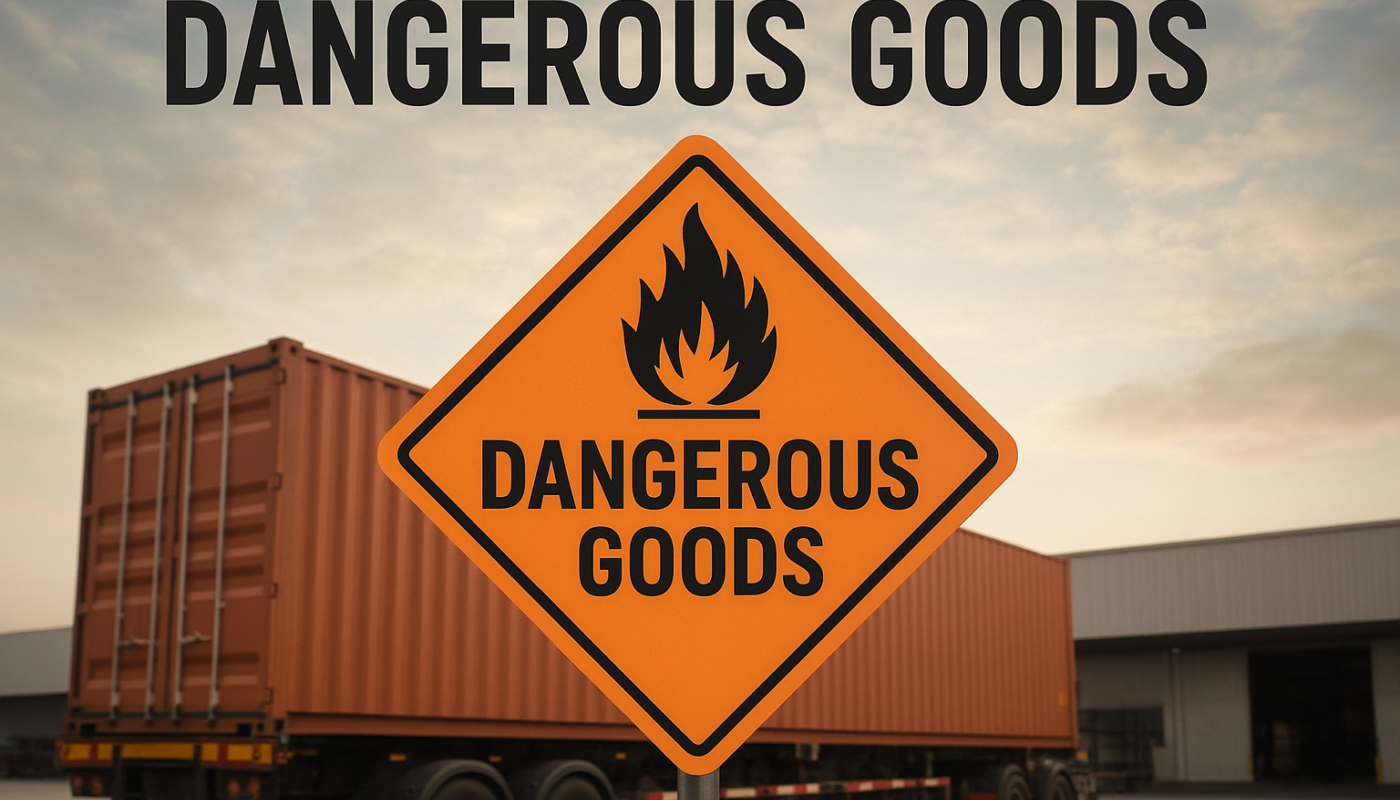The Critical Importance of Declaring Dangerous Goods Correctly
Find out about the latest updates from Burnard International

Post by: Burnard Intl.
The movement of goods by air, sea, road, and rail plays a vital role in global supply chains. However, when cargo is classified as dangerous goods (DG), the requirements for safe handling and transport become significantly more stringent. Correctly declaring dangerous goods is not only a legal requirement but also essential for the safety of people, cargo, and infrastructure. Why Accurate Declarations MatterDangerous goods include items such as chemicals, batteries, flammable liquids, aerosols, and gases. While many of these products are part of everyday trade, their transportation requires strict compliance with international regulations such as the IMDG Code, IATA Dangerous Goods Regulations, and local laws. Accurate declaration ensures:
It is essential that emergency contact details are provided at the time of booking. This includes a 24/7 emergency contact number for both the origin and destination of the shipment. The listed emergency contact must: • Be available 24 hours a day, 7 days a week throughout the cargo’s transit. Please note that any port penalties, operational disruptions, or damages resulting from an unreachable or unqualified emergency contact may be charged directly to the cargo owner. Consequences of MisdeclarationFailing to declare dangerous goods correctly can have severe consequences, including:
Best Practices for Shippers and Forwarders
Final WordDeclaring dangerous goods correctly is not just an administrative requirement—it’s a matter of safety, compliance, and responsibility. By ensuring accurate and transparent declarations, businesses protect their staff, partners, and customers while keeping global supply chains moving smoothly.
|
 Back to all
Back to all
